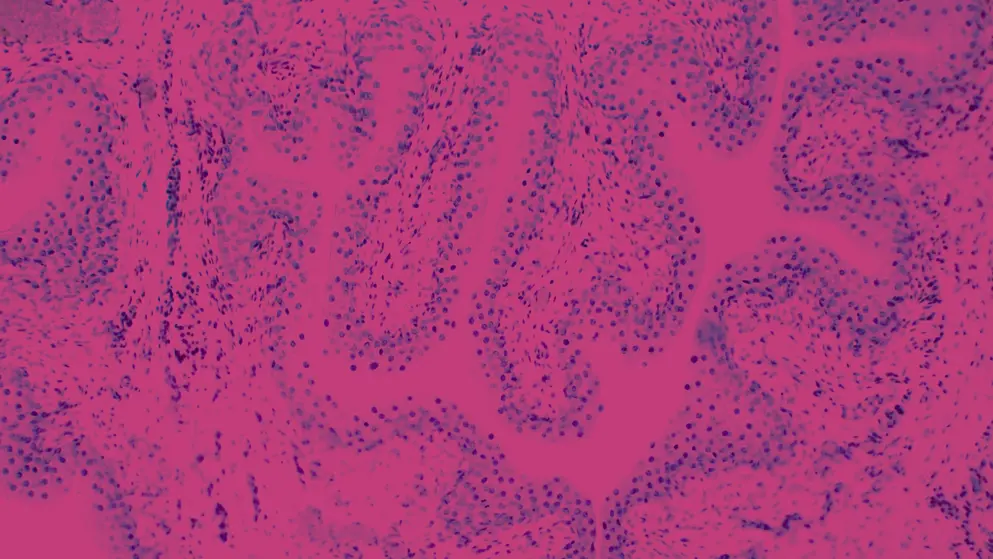
CHMP negative against Sutent for the adjuvant treatment of adult patients at a high risk of recurrent renal cell carcinoma (RCC) following nephrectomy.- Pfizer.
Pfizer Inc.announced that the Committee for Medicinal Products for Human Use (CHMP) of the European Medicines Agency (EMA) has recommended against expanding use of Sutent (sunitinib) to include the adjuvant treatment of adult patients at a high risk of recurrent renal cell carcinoma (RCC) following nephrectomy (surgical removal of the cancerous kidney). The CHMP�s recommendation is not binding but will now be taken into consideration by the European Commission (EC). There is currently no approved adjuvant treatment option available for patients with non-metastatic RCC at high risk for recurrence in the European Union (EU). In the U.S., Sutent is approved for the adjuvant treatment of adult patients at high risk of recurrent RCC following nephrectomy.
On November 16, 2017, the FDA approved an expanded indication for Sutent as the first treatment for adult patients at high risk of recurrence following nephrectomy. The FDA expanded indication was based on results from the S-TRAC trial, a multicenter, international, randomized, double-blind, placebo-controlled Phase III trial of Sutent versus placebo in 615 patients with clear cell histology and high risk of recurrence following nephrectomy. The results were published by The New England Journal of Medicine in October 2016.
Each year, approximately 338,000 new cases of kidney cancer are diagnosed worldwide, representing approximately 2-3 percent of all cancers. Approximately 75 percent of patients with clear cell RCC are non-metastatic, and 70-80 percent will have a nephrectomy with curative intent. Patients at high risk of recurrence represent approximately 10 percent of all patients with primary resected RCC and approximately 60 percent of these patients will recur and develop metastatic disease within five years.

